By David Dougherty
Consultant/Coach, The Education Group
This is the second in a series on “Having Tough Conversations” by The Education Group.
All school heads agree. It’s a very challenging time to lead an independent school. The ongoing demands of admissions, finances, facilities, technology, curriculum, the recruitment and retention of outstanding teachers – the normal fare of a school – are more complicated than ever. But heads of school, board members, and faculty and staff are devoting time as well to important matters like COVID-19 protocols or community goals for diversity, equity, and inclusion. And there are other issues and challenges, many of which are not in the normal domain of a school. In today’s polarized society, leading a school through such tough issues is even more difficult.
Of course, tough issues lead to tough conversations. Frequently heads of school and leaders ask The Education Group’s (TEG) executive coaches for advice on how to lead difficult discussions and to communicate about tough issues. We understand. We’ve been there.
Here’s my usual response: “No head of school or board is going to find a response to a challenging issue that is going to please everyone. If you do, please share it with the rest of us!”
Next, I say, “School leaders must be sensitive to all community members and respect every point of view.”
And finally I say this: “A head of school must work hard to bring people together on sensitive issues. That’s not always easy to do, but leaders must do it.”
The first goal for a head of school, no matter the issue, is to lead people to talk and to get along with one another in a school community in which all voices feel heard and respected. This has never been more challenging, but it’s never been more important. Next, the head of school must seek common ground for everyone, on a principle on which all agree.
Using Your Mission Statement as Your Conversational Map
Fortunately, there is one thing that everyone in a school community should agree on; otherwise they wouldn’t be there. And at a school it’s the only thing. Everyone should agree on the school’s Mission Statement and Core Values, and the head of school should lead all “tough discussions” in terms of it.
The National Association of Independent Schools (NAIS), which advises over 1900 schools in the U.S. and abroad – many very different from others -- says it this way: “The primary responsibility of the head of an independent school is to carry out the school’s stated mission.”
To find language that brings people together on sensitive topics, every head of school should refer to the school’s Mission Statement and Core Values as a roadmap for discussion, inspiration, and action. These documents typically include:
The shared goals of your school
The kind of language to be used in spoken and written communication
The kind of behavior expected in the community.
Your school’s Mission Statement and Core Values are essential tools to bring people together. By referring to them for language expressing how you expect everyone to treat one another and to behave in the school community, you show your community how to live your school’s Mission and Core Values.
Creating Fair Conversations
Again, my TEG colleagues and I often are asked by school leaders about how to have important, necessary, but perhaps uncomfortable conversations around complex issues. Our answer: Your Mission Statement and Core Values provide the language for those conversations.
For example, a Mission Statement that includes language that the school community “treats everyone with dignity and respect” is the ideal basis for any discussion about a new diversity, equity, and inclusion initiative or a new affinity group. Likewise, if you are emailing your school community about a new mask-optional policy, you should include language from your school’s Mission Statement and Core Values to set expectations for treating each person’s choice with respect.
Similarly, because independent schools strive to prepare young men and women for leadership and promote core values like personal integrity, empathy, responsibility to self and community, independence, intellectual and moral courage, and scholarship in the service of others, you should invoke those values, the values of leaders, in discussing tough subjects with your students.
A Word about Challenging Words
We also recommend to the heads of school and school leaders that it’s important to modify language when talking about a challenging issue on which everyone may not agree. Avoid super-charged buzz or hot-button words. They’re bound to divide people. Instead, acknowledge that we need new words that will encourage people to understand the ideas themselves and to talk with one another about them. The old words aren’t working. I typically recommend NAIS’s Principles of Good Practice for Equity and Justice for language that helps you establish a tone of fairness, dignity, respect, and love for others.
Significantly, those Principles highlight all kinds of differences -- in age or ethnicity, family makeup, gender identity or expression, learning ability, physical ability, color, religion, sexual orientation, or socioeconomic status. NAIS reminds us that there are all kinds of differences and that we must treat everyone fairly, with respect, even with love, despite our many differences.
Talking Points from Your Mission Statement
And so, if your tough conversation is about diversity, equity, and inclusion, ground the conversation in your school’s Mission Statement about its being a fair-minded, welcoming place. Everyone can agree that they want to be treated fairly and to feel welcomed at your school.
If your tough conversation is with students, focus on Core Values fundamental to the school’s development of young leaders’ intellectual and moral courage. This objective is usually defined by positive, aspirational words about character in action and shows how people act on a belief, make a difference, and have an impact. Think of words like curious, inquisitive, analytical, critical, investigative, questioning, scrutinizing, and searching. Your students will appreciate being addressed at that level.
This positive approach challenges students (both the bold and the timid) and their teachers (both the strident and the tentative) to act and think independently too, even courageously. That’s what you want. Furthermore, your use of positive words in your conversations and communications validates someone’s comments or actions and can help to frame a respectful conversation focused on the validation of common ground. That’s what your Mission Statement and Core Values are all about. Live them.
At The Education Group, we believe that independent school people have an opportunity and a responsibility to lead our students, teachers, and parents to real understanding of some very important core issues. As educators we strive to bring people together for their own well-being and for the health of the communities that our schools serve and lead.
Your school’s Mission Statement and Core Values almost always express that goal. With independent, courageous leadership, we can achieve that goal.
Read the first post in this series, “An Independent School Leader’s Guide to Tough Conversations,” by Katherine Moncure Stuart, TEG President.
Contact Katherine if TEG’s expert coaches can help your school leaders better navigate tough conversations. katherine@educationgroup.com
At The Education Group, we are experts in guiding schools through searches for heads of school and other top positions. Our coaches and consultants are experienced, former school leaders who tailor searches, coaching, and consulting to your school’s needs and goals.

